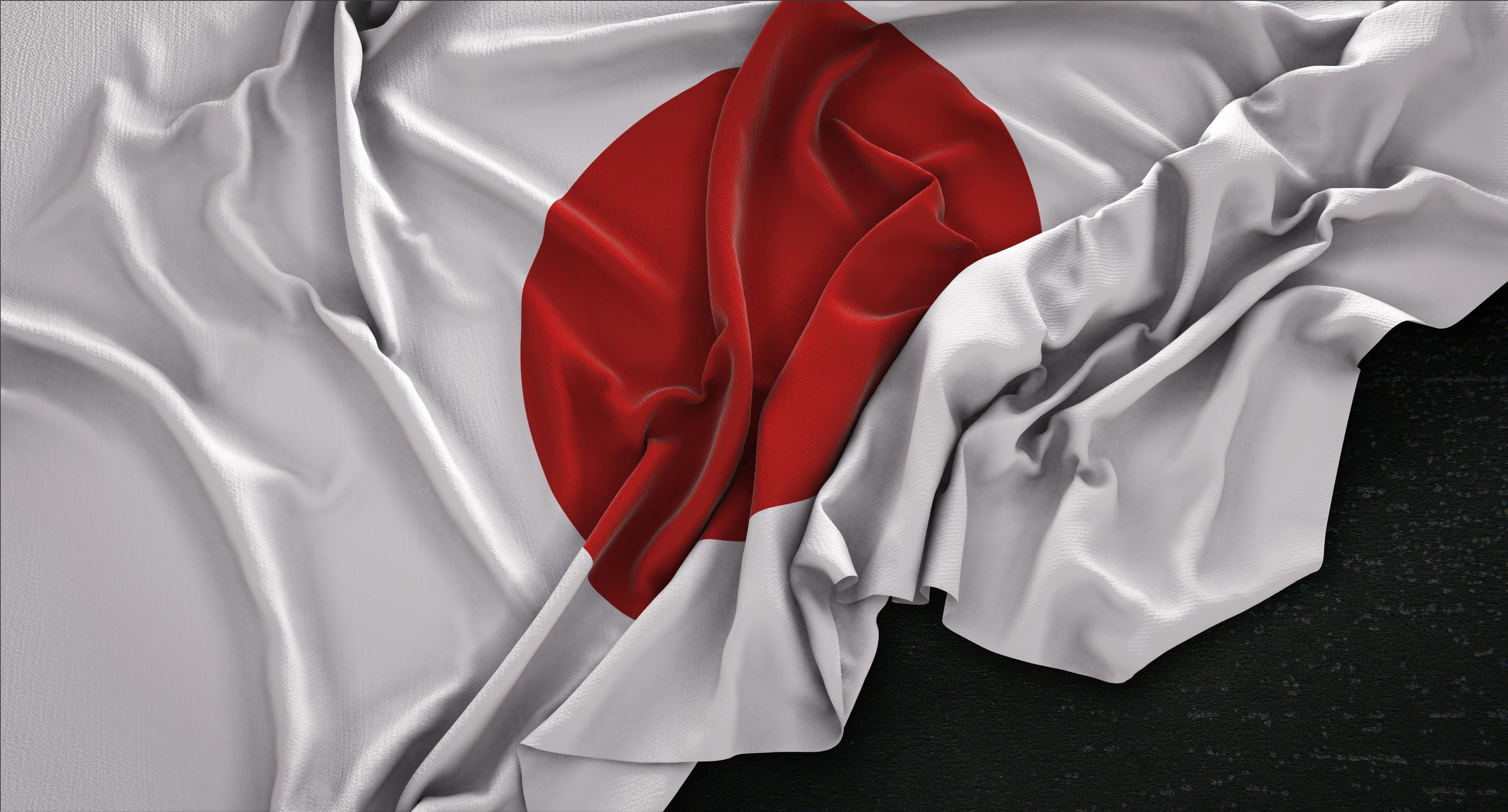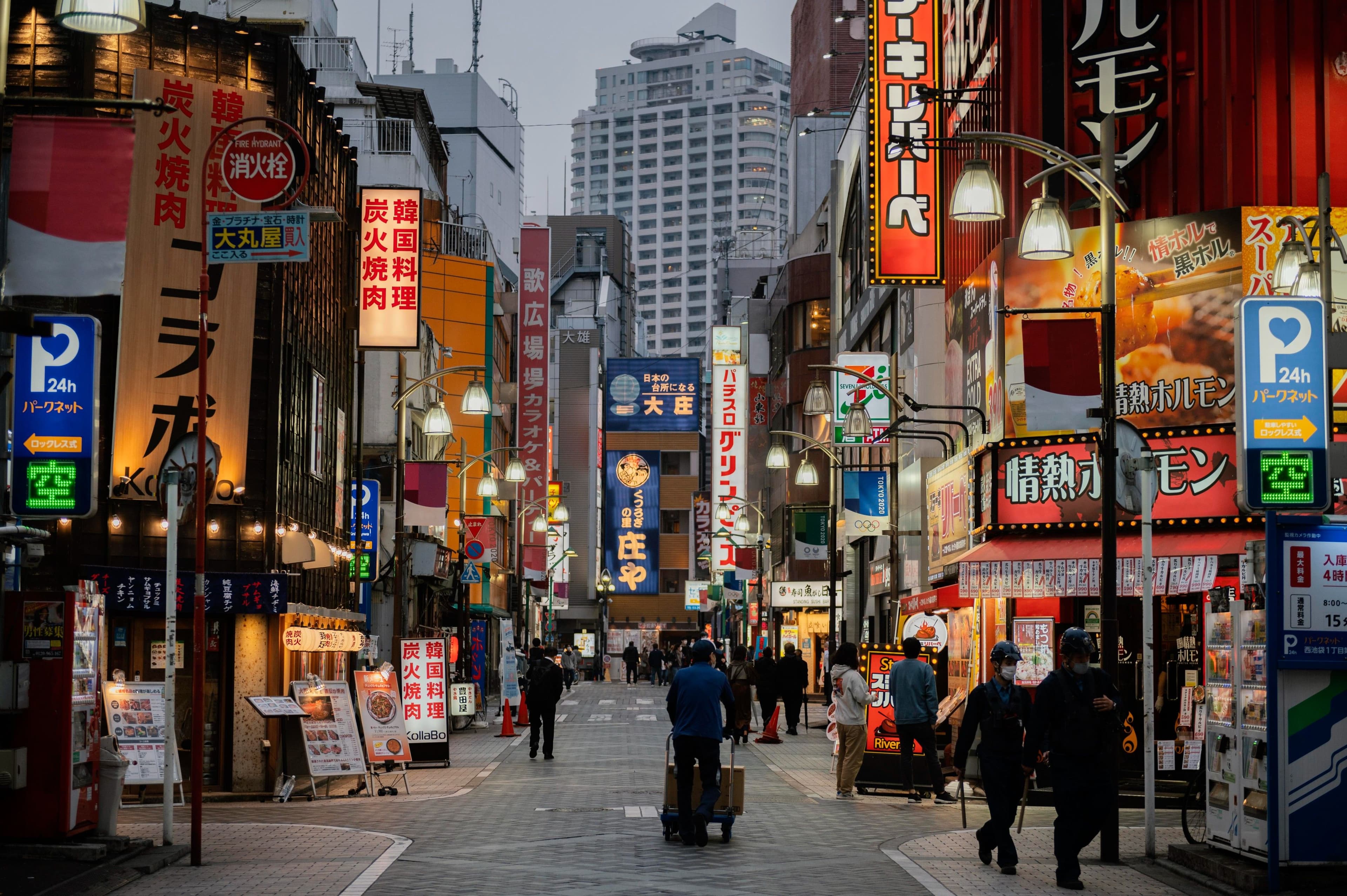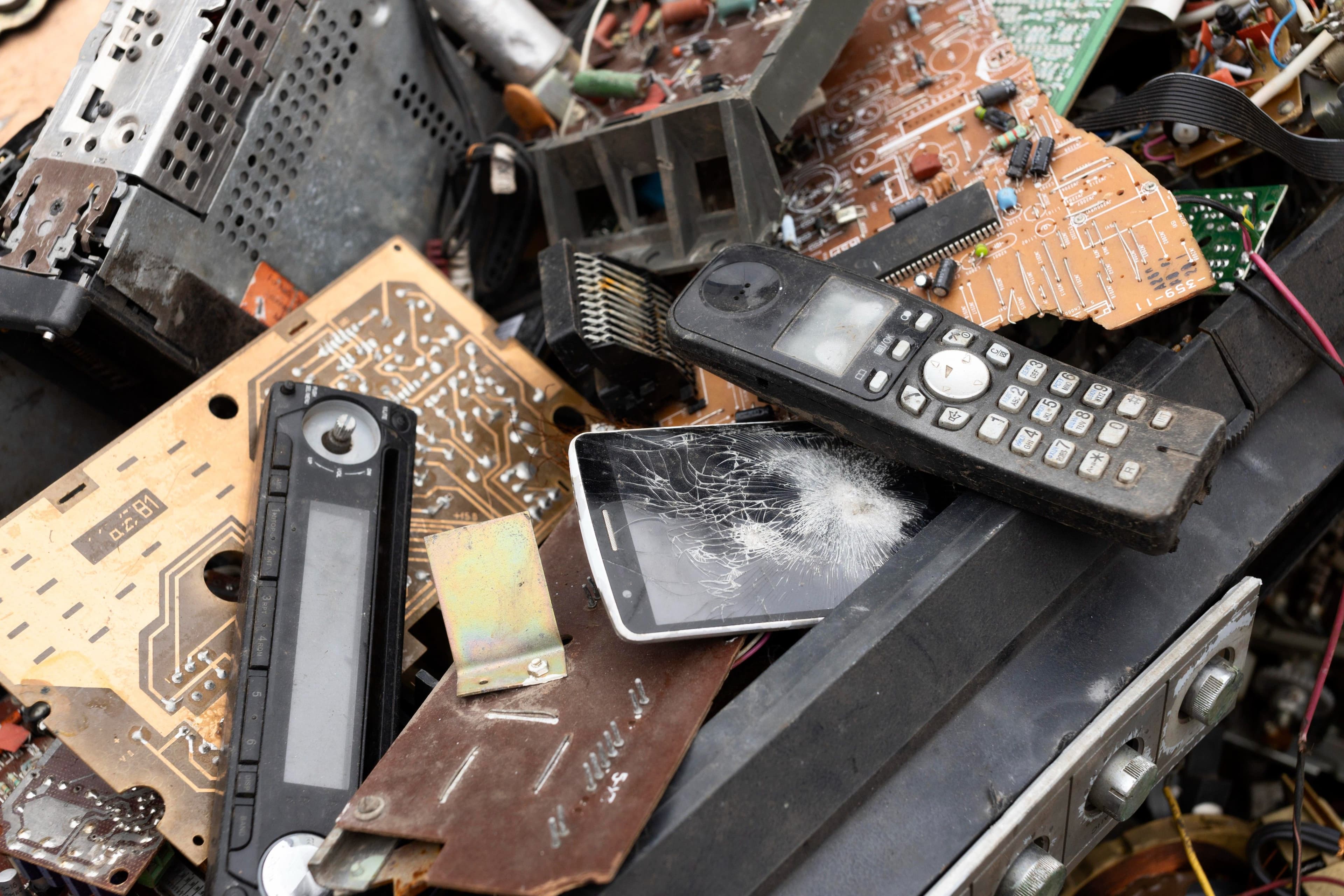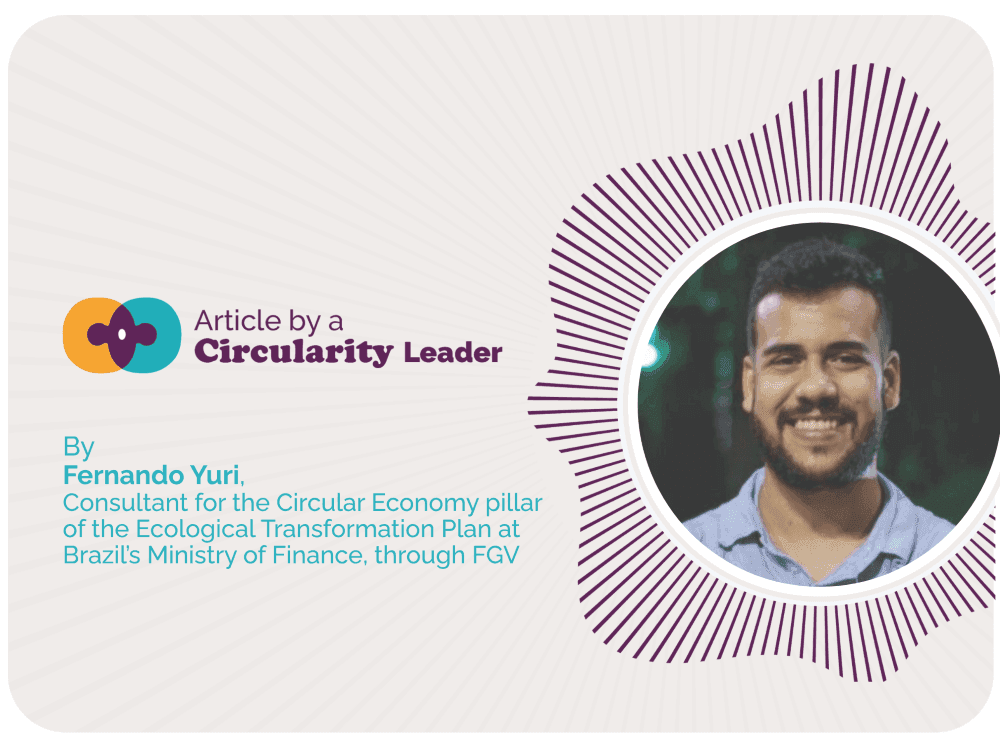
26/02/2024
Unraveling the Secrets of Circular Economy in Japan
By Arlene Carvalho, from the Circular Movement
Did you know that, despite being one of the most populous countries, Japan is also considered one of the cleanest places in the world? With a population of around 126 million inhabitants, the Land of the Rising Sun stands out for its consistent pillars in terms of waste management and Circular Economy, seeking to minimize waste and maximize the value of resources.
The shared responsibility of all actors in the value chain is a crucial point in Japan's strategy to keep its environment clean and sustainable. This is reflected in the fundamental pillars of its waste management, which include:
- Clear definition of responsibilities among consumers, the private sector, and the government, supported by extensive legislation and oversight.
- An economy that incentivizes consumers to pay for waste disposal, promoting the principles of the 3Rs (reduce, reuse, recycle).
- Environmental education that fosters new attitudes, behaviors, and values.

Pillars and results
These foundations emphasize environmental awareness, shared responsibility, and effective law enforcement. Additionally, culture also plays a crucial role in promoting Circular Economy.
Driven by values such as respect for nature, appreciation of simplicity, and the concept of "mottainai." Originating from Buddhist philosophy, "mottainai" advocates for the full utilization of resources/products and expresses deep regret for waste, directly influencing the circular approaches adopted in the country. The culture of reuse and repair extends from the household level to reverse logistics in industries.

Companies and industries are encouraged to communicate to investors how they can achieve returns through Circular Economy practices and technological innovations, integrating circularity into business strategies and investment decisions. This guideline results from collaboration between the country's Ministries of Economy, Trade, and Industry and the Environment.
The country has also implemented public policies promoting Circular Economy, typically reviewed every five years. A notable example is the Resource Recycling Promotion Law, which holds manufacturers and importers responsible for recycling specific products.
The implementation of public policies aimed at promoting the principles of the 3Rs focuses mainly on reducing waste generation in all sectors. These policies aim to protect public health and the environment while working to minimize waste, with special attention to engaging both producers and consumers.
An analysis of material flows directs priorities, highlighting areas such as vehicle waste treatment and food production, with an emphasis on resource efficiency and minimizing final disposal.

Japan is recognized for its leadership in electronic waste management, producing around 2,569 kilotons annually, according to the United Nations. However, thanks to rigorous legislation and advanced collection and processing systems, most of this waste is recycled in accordance with the country's specific laws, such as the Law for Recycling Specific Types of Appliances and the Law for Promoting Recycling of Small Waste Electrical and Electronic Equipment.
Out of this total volume produced, approximately 570 kilotons of electronic waste are recycled and recovered, about 22%. Furthermore, Japan stands out for its advanced recycling and waste treatment technologies. These innovations not only contribute to reducing environmental impact but also pave the way for new business models focused on resource recovery and reuse.
About the Circular Movement
Created in 2020, the Circular Movement is a collaborative ecosystem dedicated to encouraging the transition from the linear economy to the circular one. The idea that every resource can be reused and transformed is the motto of the Circular Economy, the movement's basic concept. The Circular Movement is an open initiative that promotes collaborative spaces with the aim of informing people and institutions that a waste-free future is possible through education and culture, the adoption of new behaviors, inclusion, and the development of new processes, products, and attitudes.
And you? Do you want to learn more about Circular Economy?
If you are interested in learning more about this topic, access the Circular Academy, the first free Latin American course on Circular Economy aimed at the general public. All of us, in partnership and collaboration, can make a difference in building a more circular planet.

